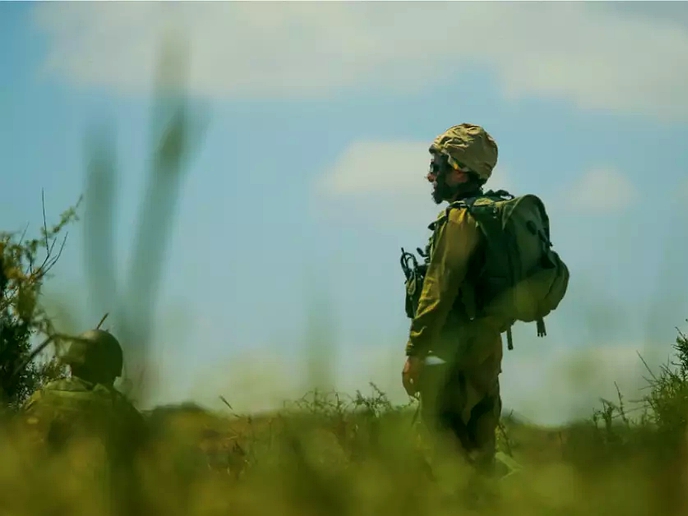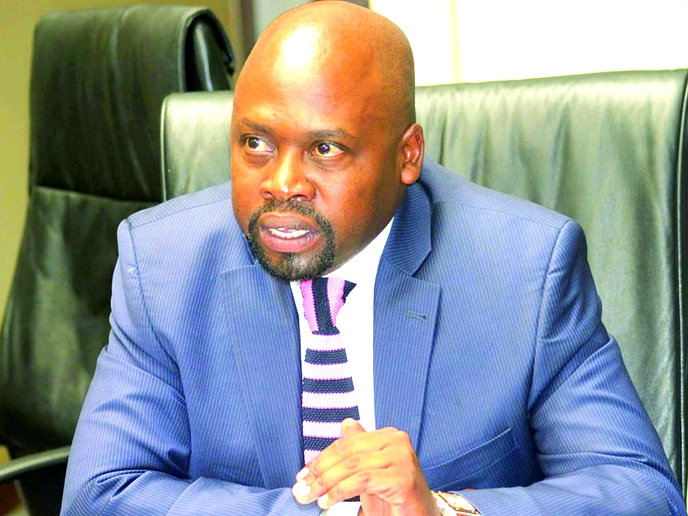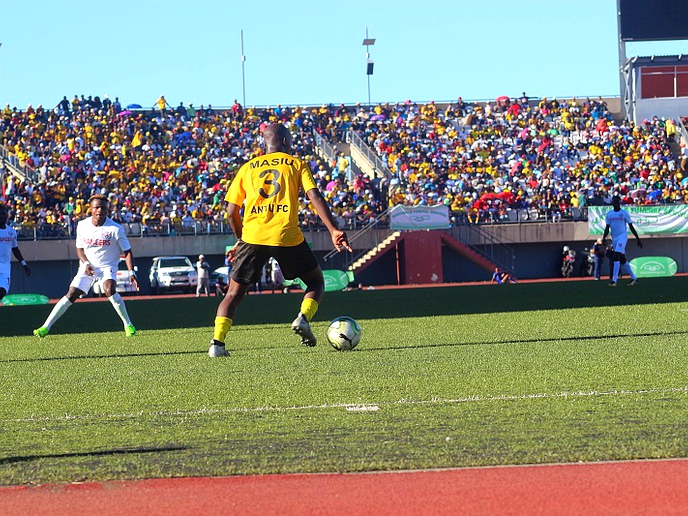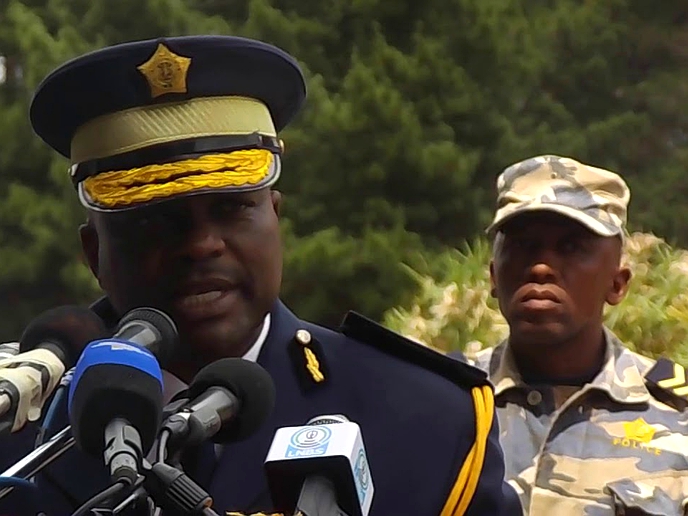MASERU - The Minister of Home-Affairs Mokoto Hloaele has described human trafficking as a worldwide phenomenon, which cannot be handled by one country alone hence the need for cooperation to eliminate it.
news
Aug. 8, 2019
STAFF REPORTER
4 min read
World rallies behind human trafficking victims
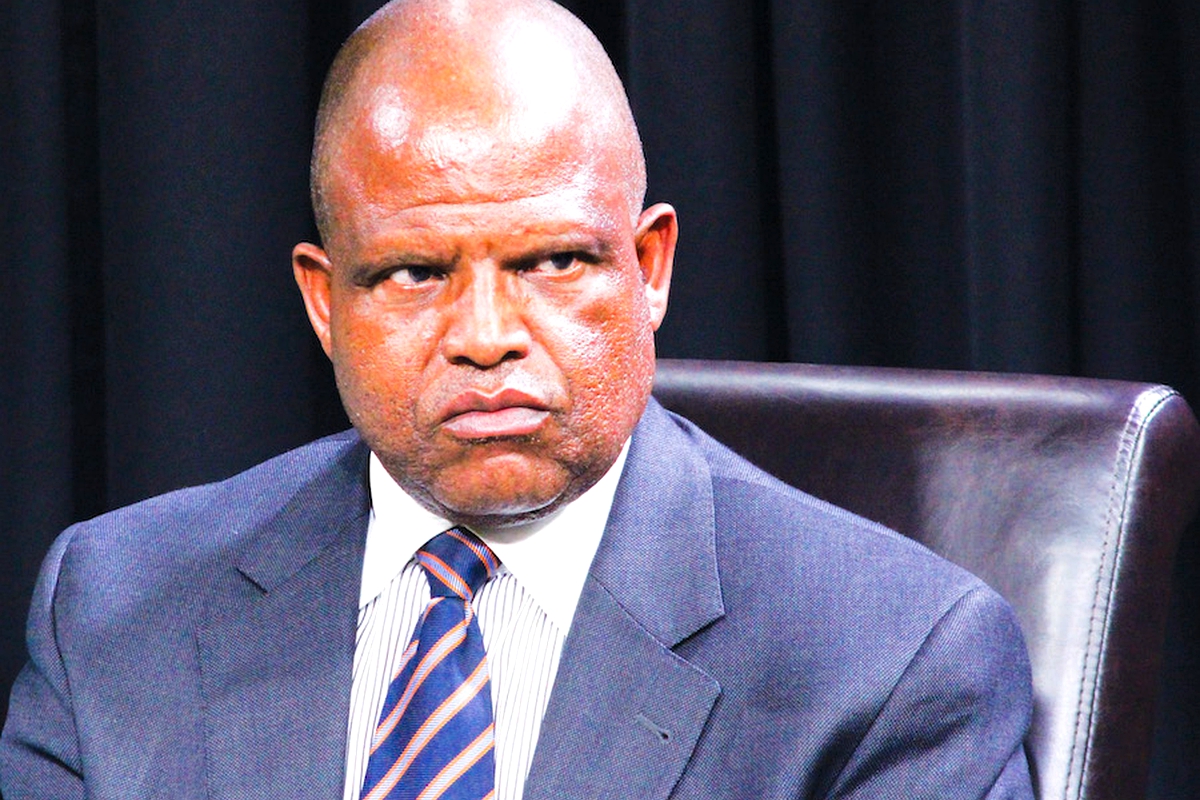
Mr Hloaele made these remarks during the commemoration of the World Day Against Trafficking in Persons
Mr Hloaele made these remarks during the commemoration of the World Day Against Trafficking in Persons which was held in Maseru on August 3. The minister said since the enactment of the Anti-trafficking in Persons Act of 2011, Lesotho had taken a bold step to criminalising human trafficking. He however, showed that despite the initiative, for years there had not been convictions of human traffickers although cases were reported, investigated and prosecuted. “Human trafficking happens to the most vulnerable people”, he said adding that Lesotho should therefore strengthen its efforts in the fight against this criminal act. He promised that the government would continue to support victims and initiatives intended to stop human trafficking.
For her part, the Principal Secretary in the Ministry of Home Affairs 'Machabana Lemphane-Letsie said trafficking in persons happened within and outside the borders of Lesotho, adding that victims often needed passports. She indicated that often people who were supposed to support the victims were the actual perpetrators of human trafficking. Mrs Lemphane-Letsie said the number of victims of human trafficking should decrease, adding that there was a need for enhanced efforts to prevent human trafficking so that Lesotho could become a human trafficking free country.
Speaking at the same occasion, the ambassador of the United States of America (USA) to Lesotho, Rebecca Gonzales said trafficking in persons was modern day slavery that should no longer be a threat to Basotho. Ms Gonzales said young men and women throughout the world were the most vulnerable. The US government, she said was committed to ending human trafficking, adding that traffickers should be investigated, prosecuted, convicted and sentenced.
She further showed that anti-trafficking and child laws should be enforced. “Let’s encourage our leaders to prosecute and convict traffickers”, she said, calling on for cooperation to support human trafficking victims as they try to rebuild their lives.
The sensitisation coordinator of Beautiful Dreams Society Mojabeng Mosebo said human trafficking was not a natural disaster, which could not be stopped and thus encouraged Basotho to work together and save lives by ending the act.
Beautiful Dreams Society is an organisation which focuses on the support of vulnerable children and female survivors of human trafficking and violence. Ms Mosebo said Basotho had a culture that in every community, a child was everybody’s responsibility. This culture, she said should be maintained and young women as well as men be protected against human trafficking, sex exploitation and child labour.
She said the government should be forced act against human trafficking, adding that the nation had an obligation to protect its children from all forms of exploitation.At the end of the event, there was a moment of silence and lighting of candles made in honour of human trafficking victims who died in bondage, as well as those still in bondage and the survivors.
The theme for this year’s edition of the World Day Against Trafficking in Persons is 'Human Trafficking, Call Your Government To Action'. The Day was proclaimed by the United Nations (UN) General Assembly in its resolution A/RES/68/192, to raise awareness of this issue among the general public, policy-makers and civil society.
On this World Day, both the international community and civil society have the opportunity to reflect on what each can do to decrease vulnerabilities to trafficking or the risks that follow from such vulnerabilities, particularly those affecting women, children and young people. Reports from the UN office on Drugs and Crime (UNODC) indicate that since 2003, around 225,000 victims of trafficking have been detected worldwide.
Enjoy our daily newsletter from today
Access exclusive newsletters, along with previews of new media releases.
In 2015, the adoption of the 17 Sustainable Development Goals (SDGs) set a renewed development framework, the 2030 Agenda for Sustainable Development. SDG 16.2, for instance, calls upon member states to end abuse, exploitation, trafficking and all forms of violence and torture against children.
SDG 16.2.2. requests member states to measure the number of victims of human trafficking per 100,000 population, by sex, age and form of exploitation. In order to report on this indicator, member states must have proper trafficking data and defined methodologies to estimate the total number of trafficking victims.
The International Labour Organisation (ILO) estimates that 21 million people are victims of forced labour globally, although it is unknown how many of these victims were trafficked, but the estimation includes victims of human trafficking for forced labour and or sexual exploitation.
Tailored for you



